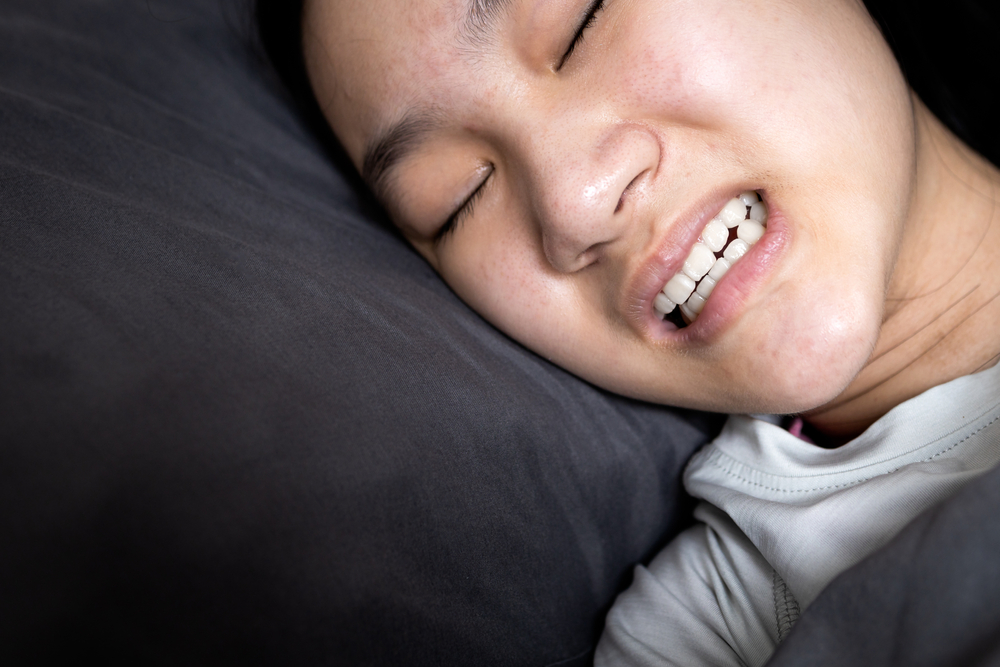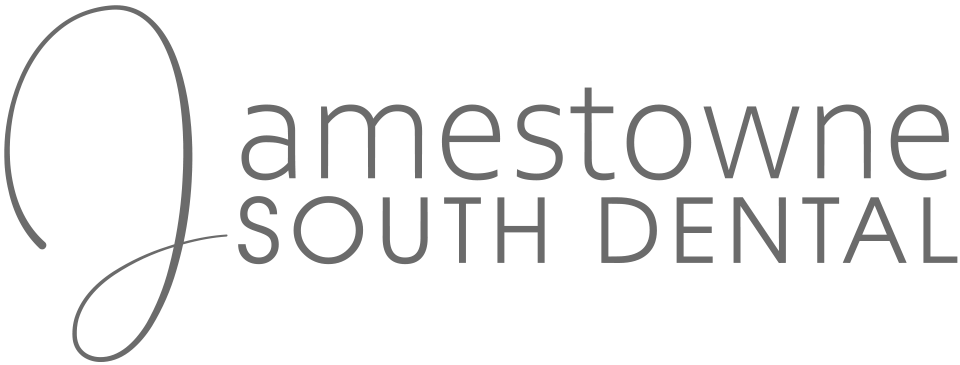Teeth Grinding At Night Caused By Caffeine
Teeth grinding, or bruxism, is a condition where an individual grinds, gnashes, or clenches their teeth, often without being fully aware of it, especially at night. It’s a common problem that can lead to various dental health issues if not addressed. Interestingly, certain lifestyle choices and dietary habits, particularly the consumption of caffeine, have been linked to an increase in teeth grinding at night during sleep. Let’s delve into the reasons behind this phenomenon and understand its implications on dental health.
Understanding Bruxism and Food Triggers
Bruxism is typically a response to stress, anxiety, or abnormal bite alignment, but dietary factors also play a significant role. Foods and beverages high in caffeine, such as coffee, tea, chocolate, and some sodas, can exacerbate teeth grinding. Caffeine is a stimulant that not only keeps you awake but can also increase muscle activity in your jaw, leading to grinding at night. Recognizing these triggers is the first step toward mitigating the risk of bruxism and its potential damage to your dental health.

The Impact of Caffeine on Sleep Patterns
Caffeine’s role as a central nervous system stimulant is well-documented. It affects sleep patterns by increasing alertness and delaying the sleep cycle. Consuming caffeine late in the day can lead to restlessness and a lighter sleep state, during which the jaw muscles remain active and potentially more prone to grinding. This disruption of natural sleep patterns underscores the need for caution regarding caffeine intake, especially for individuals prone to bruxism.
Caffeine’s Effect on Jaw Muscles
Beyond disrupting sleep, caffeine can directly influence the tension in jaw muscles. Its stimulant properties can lead to increased muscle activity, making it more likely for an individual to clench or grind their teeth unconsciously during the night. This heightened activity not only aggravates bruxism but can also lead to jaw discomfort, headaches, and wear on the teeth over time.
Managing and Mitigating Bruxism
The key to managing bruxism lies in both lifestyle modifications and professional dental care. Reducing or eliminating caffeine intake, especially in the hours leading up to bedtime, can significantly decrease the likelihood of teeth grinding. Additionally, stress-reduction techniques and establishing a calming bedtime routine can help. For those already experiencing the effects of bruxism, consulting with dental professionals like those at Jamestowne South Dental is crucial. They can provide personalized advice and treatments, such as custom nightguards, to protect your teeth and jaw from the effects of grinding.
Conclusion
While caffeine is a beloved component of many people’s daily routines, its impact on sleep and jaw muscle activity can contribute to the development or worsening of bruxism. Being mindful of caffeine consumption and its timing can help in reducing the risk of night-time teeth grinding. For those seeking solutions or experiencing symptoms of bruxism, Jamestowne South Dental in Bingham Farms, MI, offers expert guidance and treatment options to safeguard your dental health against the adverse effects of this condition.
